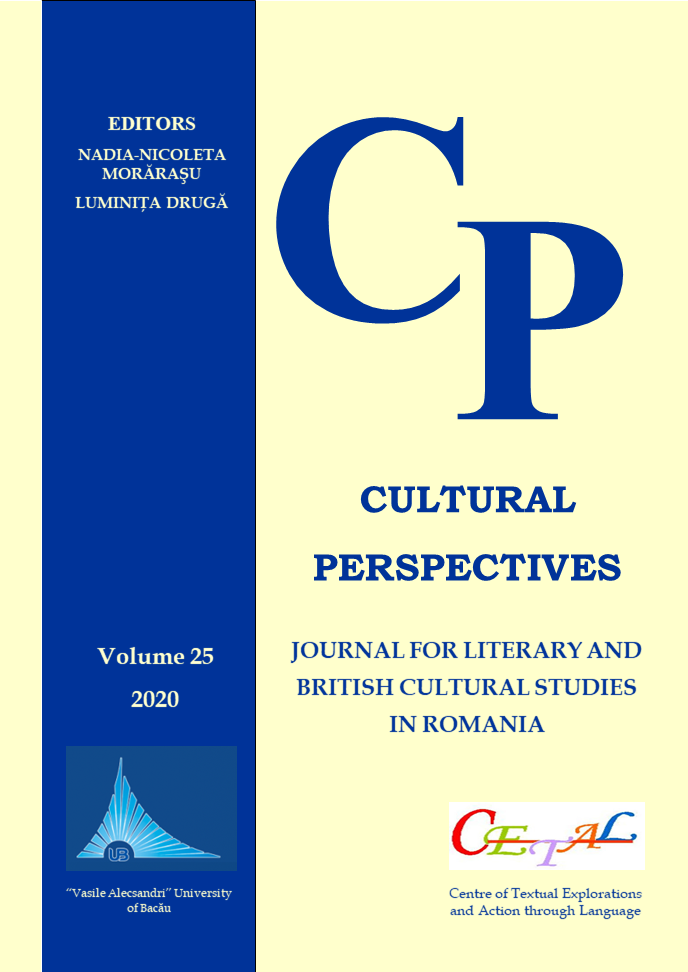Historical, Religious, and Political Content
in Harper Lee’s To Kill a Mocking Bird
Historical, Religious, and Political Content
in Harper Lee’s To Kill a Mocking Bird
Author(s): Saeid RahimipourSubject(s): Social Sciences, Language and Literature Studies, Literary Texts, Psychology, Fiction, Studies of Literature, Novel, Social psychology and group interaction, Nationalism Studies, American Literature
Published by: Editura Alma Mater
Keywords: religious; historical background; cultural background; Harper Lee; racism;
Summary/Abstract: Literary works have contributed a crucial role to the manifestation of the dominant themes of the time and the era to which they belong. Each writer and each work has a special orientation in its approach to convey the intended message. This article, having as its approach context and metacontext analysis of the text, scrutinizes Harper Lee’s novel To Kill a Mocking Bird in order to assess the writer’s tact in the illustration of specific issues through the manifestation of their cultural, historical, and religious context and background. Through the introduction of these materials, this study has also tried to answer the question concerning the manner in which the writer has captured the theme of racism via the projection of the unseen, unfathomable, and the unobjectionable information of the mentioned origins to touch upon our consciousness and arouse sympathy towards the humanitarian crisis practised at that time. The article reveals the plausibility of the interpretation of the novel based on religious, historical, and cultural background references. It renders the fact that Lee contributed a significant share to the illustration of such themes as racism and inhumanness at that time and stands as a landmark of inspiration for others as well.
Journal: Cultural Perspectives - Journal for Literary and British Cultural Studies in Romania
- Issue Year: 2020
- Issue No: 25
- Language: English
- Content File-PDF

